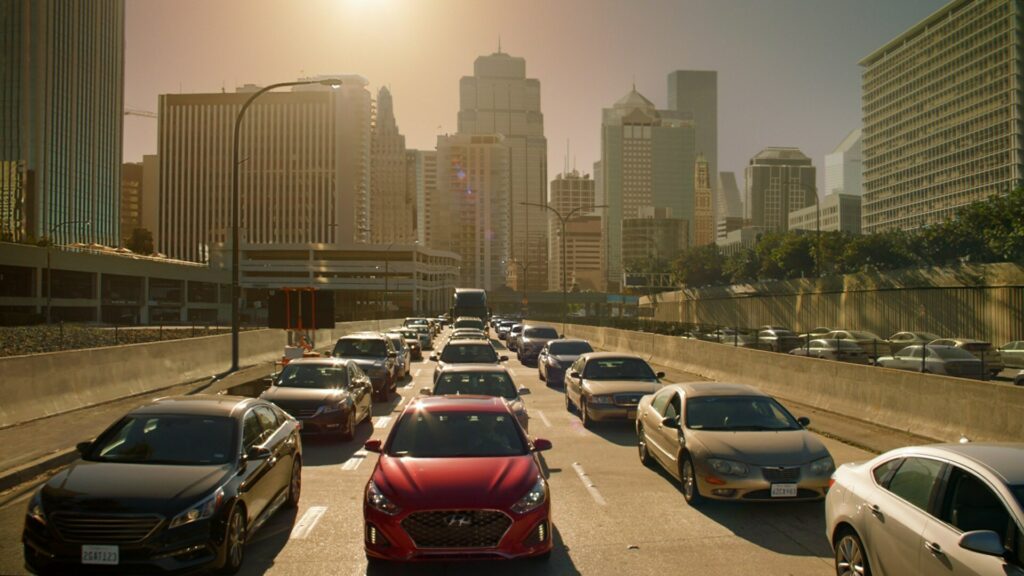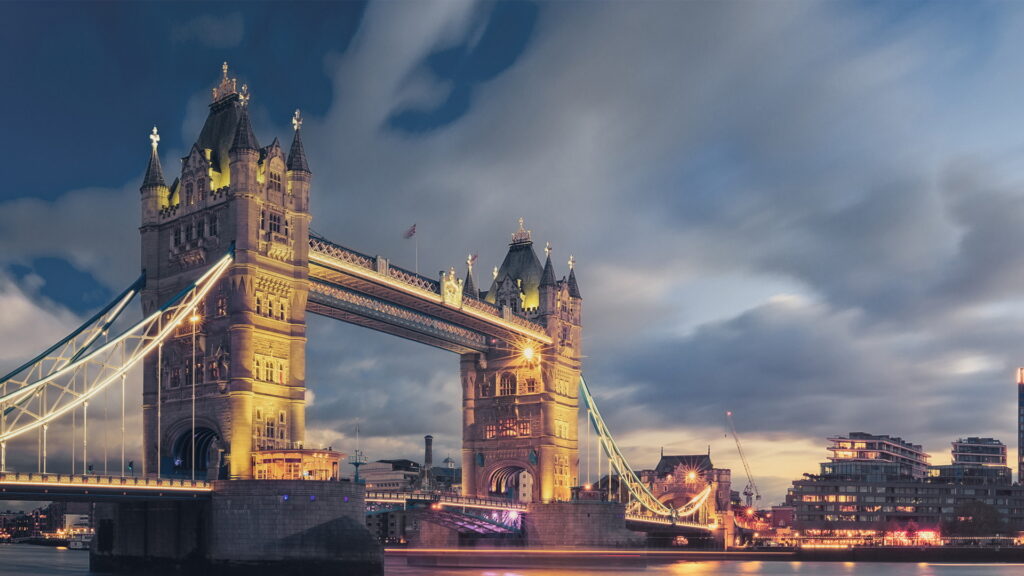London, England, and Chicago, Illinois, were locked in a battle in which everyone lost. That’s because the cities were competing to become the most congested on earth, and London won by just one hour.
In 2022, the average driver in London lost 156 hours of their life to traffic, while the average driver in Chicago lost 155 hours. Those are the findings of Inrix’s 2022 Global Traffic Scorecard, which rated the 50 most congested cities on earth.
The two cities were far ahead of the rest, with Paris, the third-most congested city on earth, costing its commuters an average of 138 hours per year. Boston, meanwhile, was fourth, at 134 hours, and Bogota, Colombia, was fifth, with traffic sapping away an average of 122 hours of its residents’ time.
It may not come as a surprise that these figures are rising steadily as the pandemic wanes. As compared to 2021, the study found that hours lost to traffic were up in nine of the 10 most congested cities on earth. Only Paris, whose residents lost one percent more time on the road in 2021 than they did in 2022, was spared from this trend.
Despite that, traffic in most of the top 10 cities is down, as compared to 2019, before the pandemic kicked off in earnest. Although traffic in London, Chicago, Miami, and Monterrey is up as compared to pre-pandemic times, it’s still down more than 10 percent in Paris, Boston, New York, Bogota, Toronto, Philadelphia, and Palermo.
The slowly rising rates of congestion, though, are bad news for drivers. Time spent in traffic delays cost the average American $869 worth of their time in 2022, as compared to just $564 in 2021, a trend repeated in other countries.
On top of that, Americans spent $546 dollars on extra fuel because of traffic delays, nearly 33 percent more than they spent in 2021. With rising fuel costs, each additional hour spent waiting in traffic cost even more last year than it would have in 2021.
Finally, the consequences of traffic expand beyond simply time and money. More cars on the road also means more accidents. Indeed, collisions increased by four percent in the U.S. and Canada, by five percent in Germany, and by 11 percent in the U.K.





